Webinar Recap: Observability Data Orchestration
Today, businesses are generating more data than ever before. However, with this data explosion comes a new set of challenges, including increased complexity, higher costs, and difficulty extracting value.
With this in mind, how can organizations effectively manage this data to extract value and solve the challenges of the modern data stack?
To address these challenges, Mezmo, in collaboration with The Bloor Group, hosted a webinar titled "Observability Orchestration: Solving The Modern Data Stack," aiming to provide insights on how businesses can get the most out of their data by leveraging observability orchestration.
If you missed the live event, be sure to check out the recording to learn more.
The Discussion
During the webinar, Mezmo's Chief Product Officer, Buddy Brewer, discussed a range of topics related to data observability with Eric Kavanaugh, Principal Analyst at The Bloor Group. They delved into issues such as the need for businesses to gain more control over their data through increased access and reduced costs, the importance of increasing data value through transformation, and the role of telemetry data and business events in supporting compliance and audits while managing risk. They also discussed the importance of having a flexible and adaptable observability pipeline that can keep up with the rapid pace of change in modern stacks.
Key Takeaways
- Observability orchestration can provide a unified view of data across an organization, breaking down silos and facilitating more effective problem-solving in complex, modern data stacks.
- Businesses need to gain more control over their data through increased access and reduced costs.
- Increasing data value through transformation can help power workflows and create additional value.
- Providing access to telemetry data and business events can support compliance and audits while managing risk.
- Organizations need a flexible and adaptable observability pipeline that can keep up with the rapid pace of change in modern stacks.
- Clear observability goals and a deep understanding of the organization's systems and infrastructure are essential for success in data observability.
Gain valuable insights into the challenges of modern data stacks and the role observability orchestration and observability pipelines can play in solving them. Watch the on-demand webinar now.


.png)


.jpg)

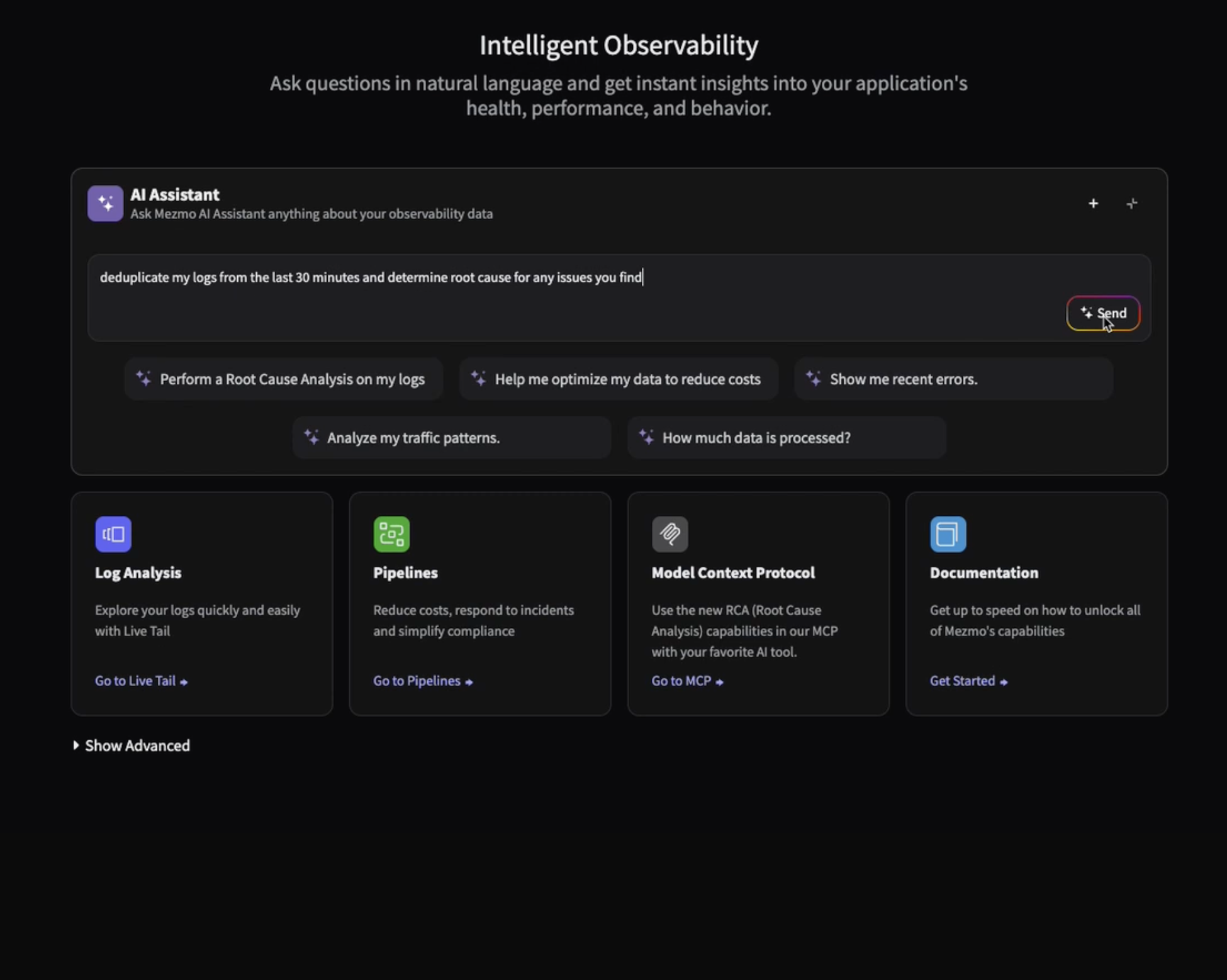
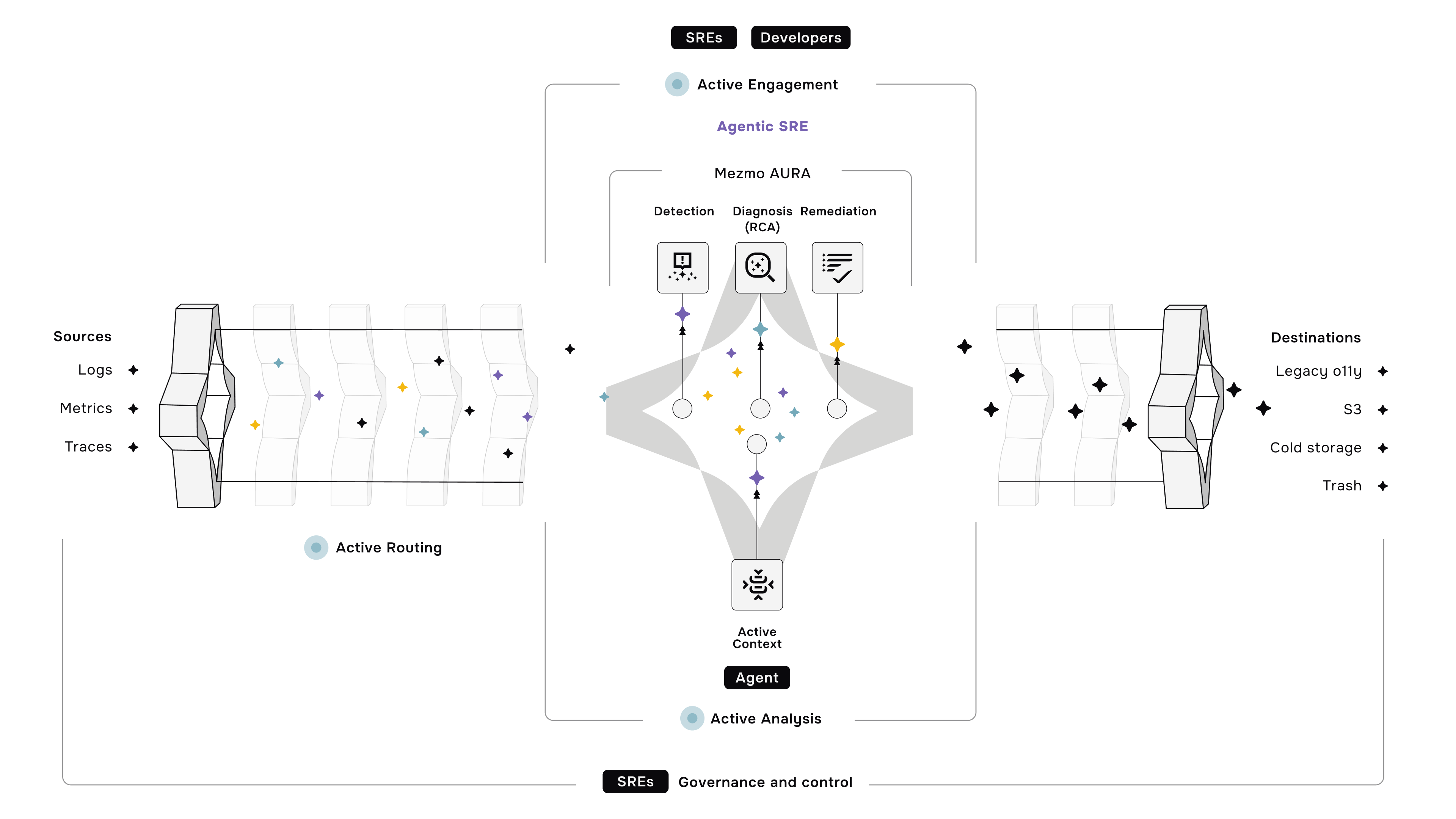






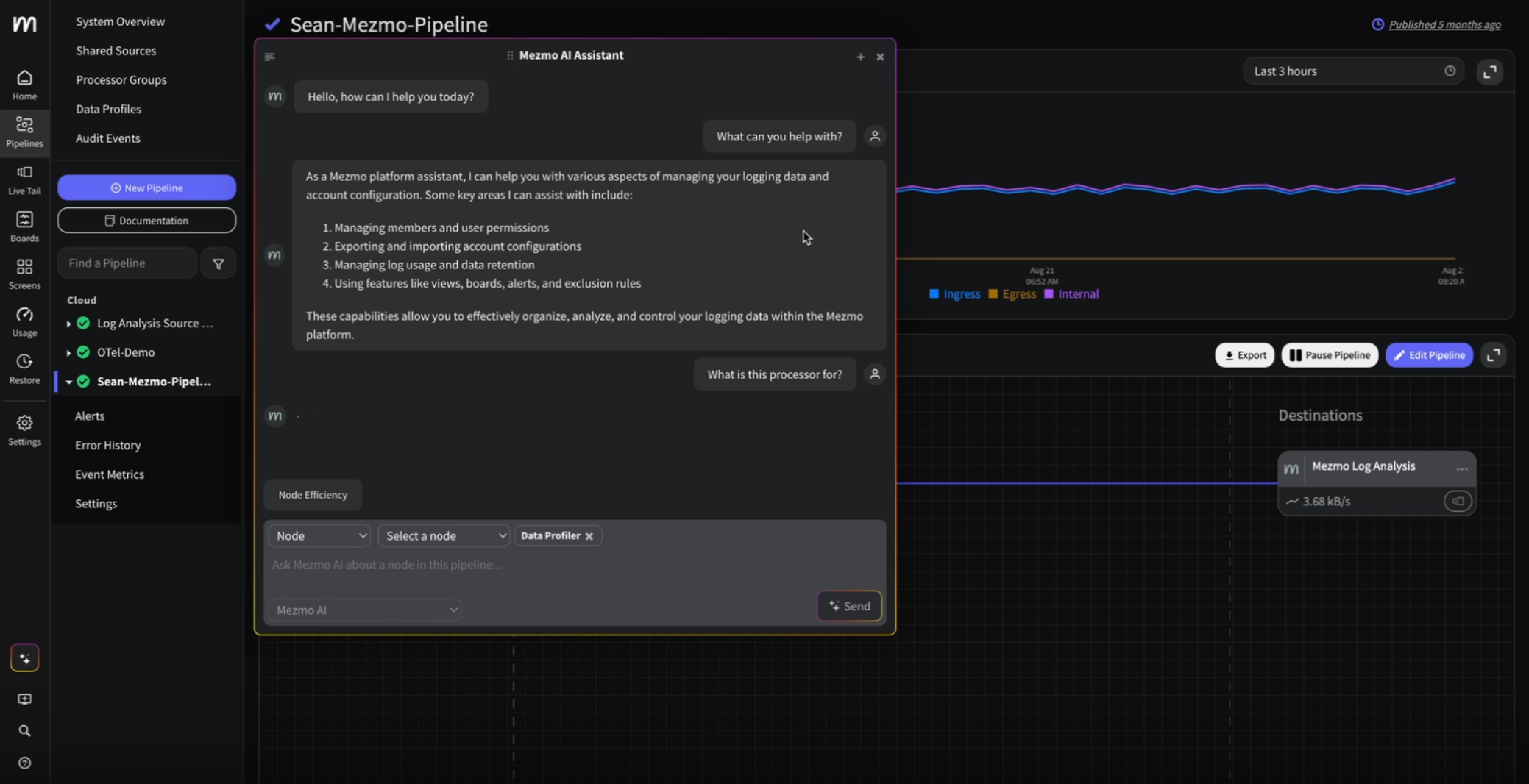


.png)




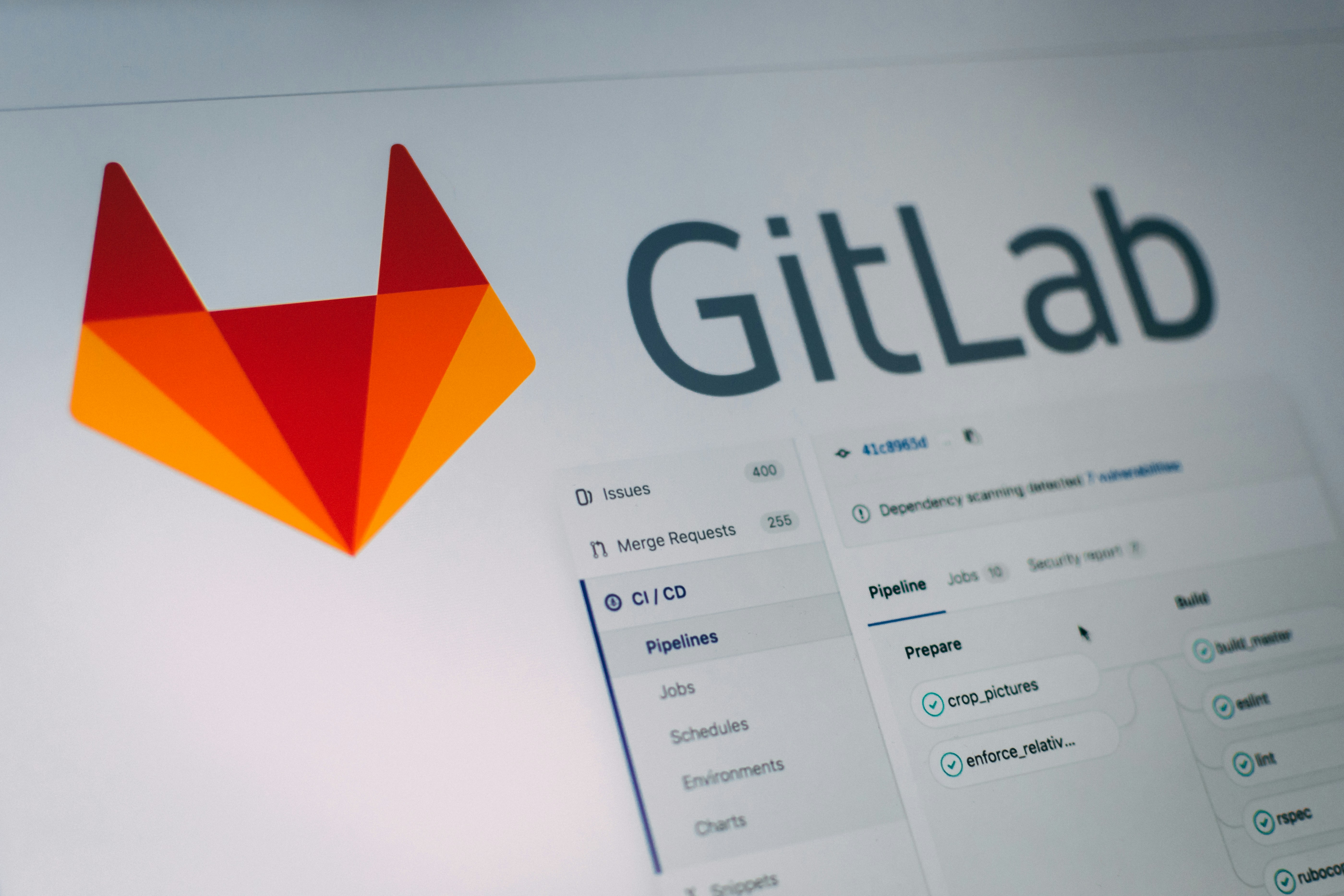
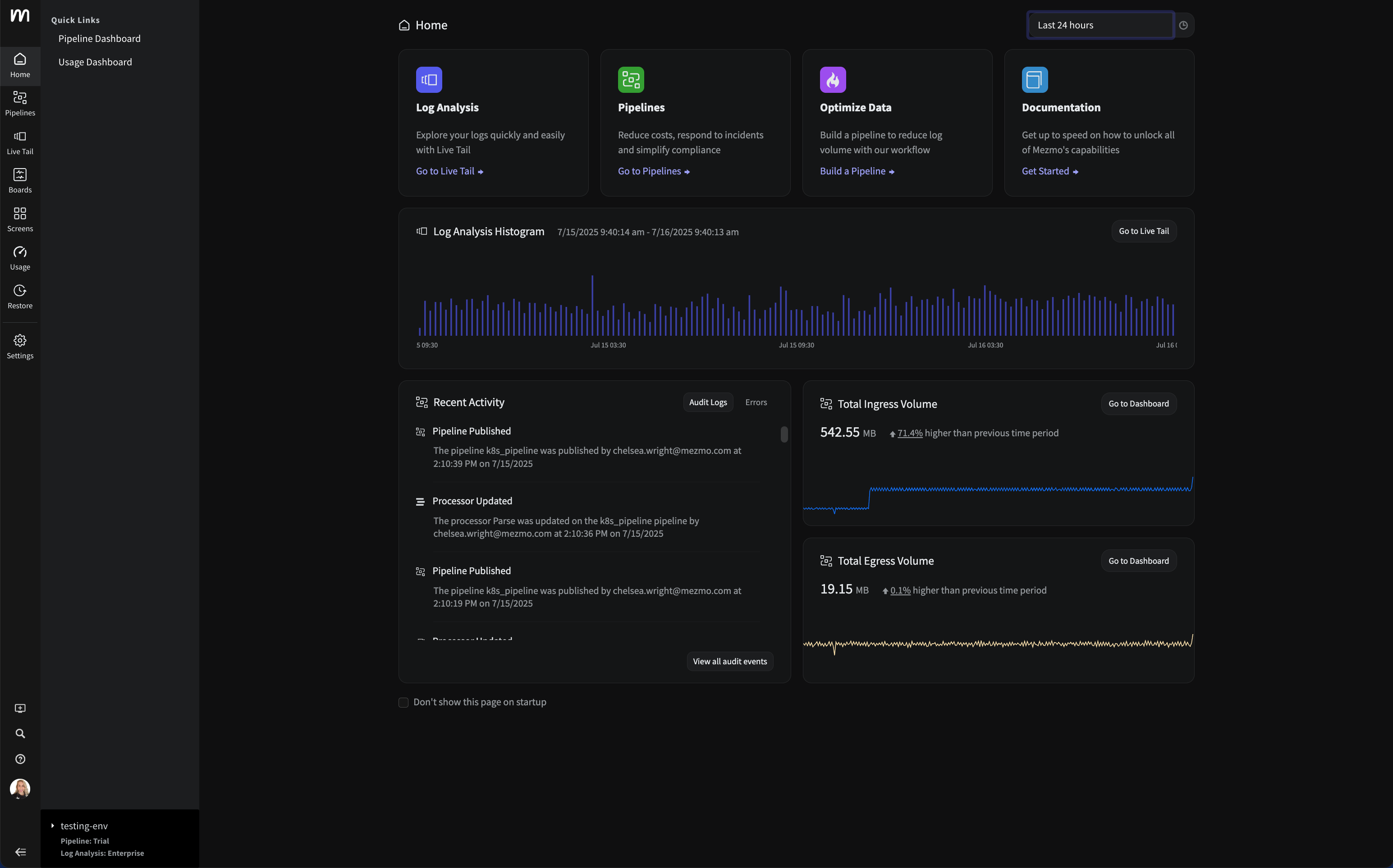


















.png)





























































